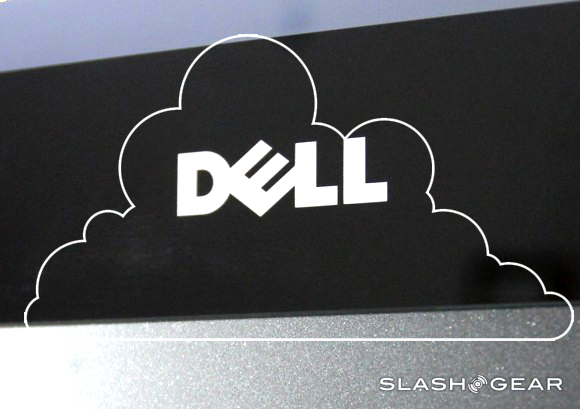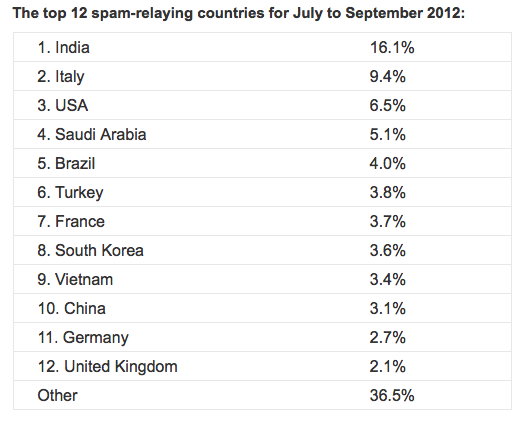- Do they own the infrastructure?
A Cloud Services provider (CSP) should ideally own their data centres and the hardware-infrastructure upon which your business-critical data is hosted. The main issue is support; if you are moving into ‘The Cloud’, you need to ensure that should a problem occur your provider can directly resolve any issue themselves, rather than having to move the problem down the line to a third party. It can also be reassuring to go and see the physical infrastructure and hardware in operation if it is located in your region.

- What equipment is used in their data centre?
The quality and performance of equipment is critical. Good quality branded hardware from global manufactures such as HP, EMC, IBM and Cisco is the preferred option. There are cheaper more obscure solutions out there, which will be reflected in the quality and level of service delivered. - Are they ISO 27001 compliant?
ISO 27001 is the best barometer available to measure whether your CSP is suitably qualified to store, manage and protect your critical business data. The ISO 27001 standard demonstrates that the CSP has the necessary information security processes and practices in place to reliably protect and safeguard your business data. - What service level agreement (SLA) is on offer?
99.9% service uptime should be offered as an absolute minimum, and your CSP should be able to demonstrate this to you. A good CSP should be able to offer you a bespoke SLA, based on your individual uptime needs. The rule of thumb is the higher the percentage, the higher the quality of service. An ISO or ITIL based Quality standard for service delivery would also be beneficial to ensure that good service delivery standards are in place. - What is the quality of their communications & Internet connections?
Your CSP should be able to provide you with highly reliable, low-latency network with performance guarantees and not simply piggy back onto a daisy chained connection. This is essentially determined by the number and the quality of Internet connections they have in addition to the design of their core network. They should ideally be connected to multiple (3 or more, BT, Virgin, Cable & Wireless) Tier One communications service providers; ideally use BGP4 service resilience for Internet service uptime and communications connections should be geographically disparate to ensure no single point of failure in the Cloud service network. - Which Cloud platform do they offer?
There are a number of Cloud platforms out there with the vast majority using Virtualisation to offer better value Cloud services. Some providers use open source software at the lower end, moving steadily upward in cost, reliability and functionality using Citrix, VMware or Hyper-V for example towards the higher end. The Platform and its reliability are important factors to take into consideration as ongoing management; support and future service integration are likely to be key service issues for any Cloud user in the longer term. - How is the service billed?
One of the major benefits of Cloud computing is that it eliminates the need for capital expenditure. Your CSP should be able to offer you a combination of dynamic, fixed or guaranteed monthly or quarterly payment options, and the service should be scalable to provide you with as much flexibility as possible. - Which industry accreditations do they hold?
Your CSP should be able to manage and maintain their Cloud infrastructure and have a proven track record of technical excellence. Common Cloud industry accreditations are available from many vendors including; Microsoft, Cisco, HP, VMware and Emc and it’s worth checking that your potential CSP holds these accreditations rather than having to rely on an off-site third-party subcontractor. - Is my Cloud resource shared?
Cloud computing falls generally into three increasingly broad categories:a) Public Cloud which is a shared, multi-tenanted resources, i.e. Hotmail, Google Drive, Office 365. This option is more suited to businesses with ‘vanilla’ non critical ICT business requirements that have no or minimal business/network process integration requirements.
b) Private Cloud & IaaS (Infrastructure as a Service) which is typically a more bespoke solution can offer dedicated or guaranteed ICT resource allocation based on your own specific business/technology needs. This option is more suited to businesses that have a higher reliance on ICT or require deeper levels of business integration across their organisation.
c) In some instances your CSP will be able to offer a Hybrid Cloud solution, which is a combination of Public and Private Cloud, where critical business applications and data is allocated to dedicated (Private) resources and less important data is allocated to shared (Public) resources. This can be a more cost effective solution in certain instances.
- Is Cloud computing right for my company?
Amidst all the hyperbole about Cloud computing, it must be considered that some companies have ICT infrastructures that are simply unsuited to this new way of providing off-site computing resources. For example, highly bespoke systems such as manufacturing and production services – that may require time-sensitive or high levels of applications integration, may prove to be problematic to move off-site into the Cloud.However, for many organisations, Cloud computing can provide real business benefits in terms of capital cost savings, lower ICT management and administration overheads, improved up-time, reduced power bills and can also help reduce an organisations carbon footprint.
10 questions to ask your Cloud Computing provider
-
Dell acquires Entratius for multi-cloud computing
DT, , Cloud Computing, Uncategorized, cloud agnostic, Cloud Computing, cloud management, Dell acquires Entratius, multi-cloud computing, 0
his morning the teams at Dell and Enstratius (also known as enStretus pre-name-change) have announced that the former has...
-
Business Professors Take on a Key Technology: Cloud Computing
DT, , Cloud Computing, Uncategorized, Business Professors, Cloud Computing, cloud computing service, cloud migration, Key Technology, 0
In their new book, Cloud Computing Service and Deployment Models: Layers and Management, two professors from the University of...
-
Android Market Flooded with Impostor Apps
DT, , Information Security, Uncategorized, Android, Android apps, Android Market, Android Police, Google, Impostor Apps, Kaspersky, mobile security, mobile security defenses, Pinterest, smartphone, spam, spammed, 1
A fresh new batch of fake and dangerous apps has found its way into the official Android Market, and...
-
Cloud use management unlocks value-add for SMBs
DT, , Cloud Computing, Uncategorized, cloud adoption, Cloud Computing, Cloud Service, cloud service provider, Cloud use management unlocks, small and midsize businesses, 0
Particularly for midsize organizations, maximizing value out of every IT dollar spent on cloud means having the capability to...
-
Raspberry Pi, Lego used to make cloud computing infrastructure
DT, , Cloud Computing, Uncategorized, Cloud Computing, cloud computing infrastructure, Cloud Computing Research, cloud project, London, 0
LONDON: Computer scientists have made a working model of multi-million pound cloud computing technology using just Lego bricks and...
-
Just Like Xbox One, PlayStation 4 Can Use Cloud Computing to be More Powerful, Says Sony
DT, , Cloud Computing, Uncategorized, Cloud Computing, cloud-based computing, cloud-streamed backwards compatibility, Xbox One, 0
This generation there has been a lot of debate over which console has better specs – the PS3 is...
-
India is world leader in spam output
DT, , Technology, Uncategorized, botnets, cybercriminals, global spam, India, Information Security, IT security, malware infections, spam, spamming, Trojans, Viruses, Worms, 0
A new report shows that computers based in India now send out more spam than ever before, with some...
-
For the enterprise cloud, the future is hybrid
DT, , Cloud Computing, Uncategorized, Cloud Computing, cloud in the future, cloud infrastructure, cloud option, enterprise cloud, Hybrid Cloud, public cloud, 0
The hybrid cloud is enterprise ready. In fact, according to a GigaOM article, the hybrid cloud has been enterprise...












